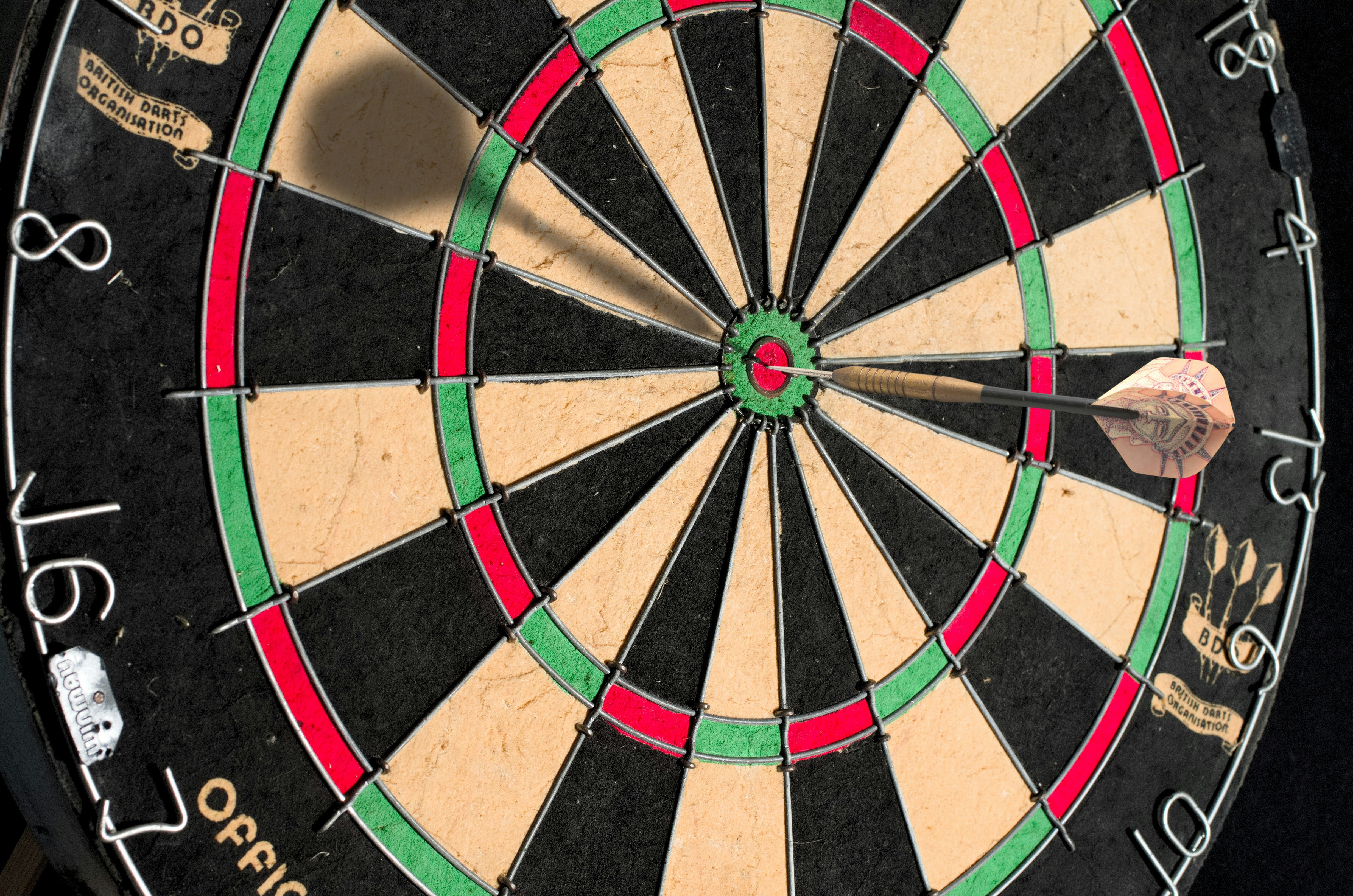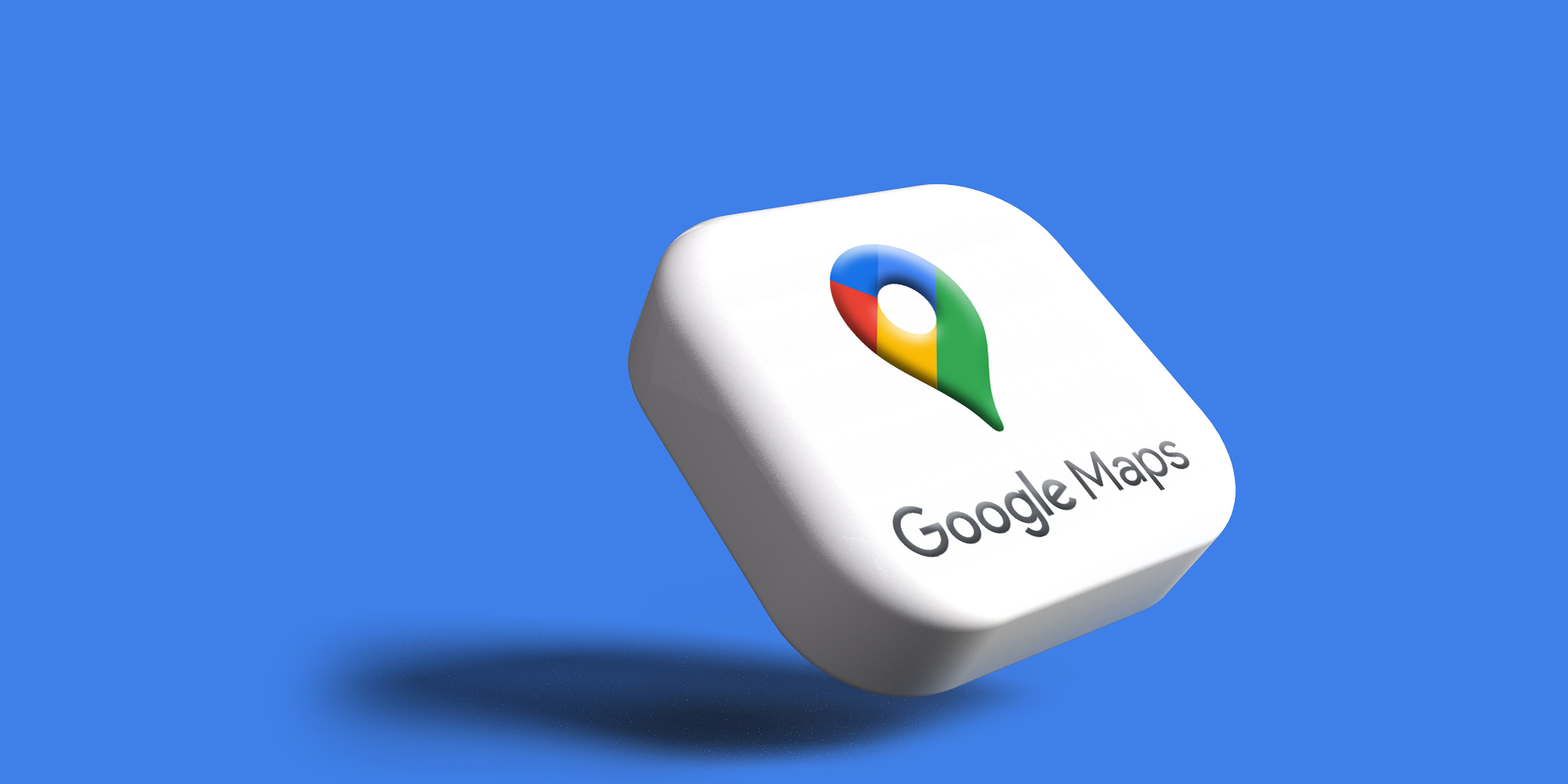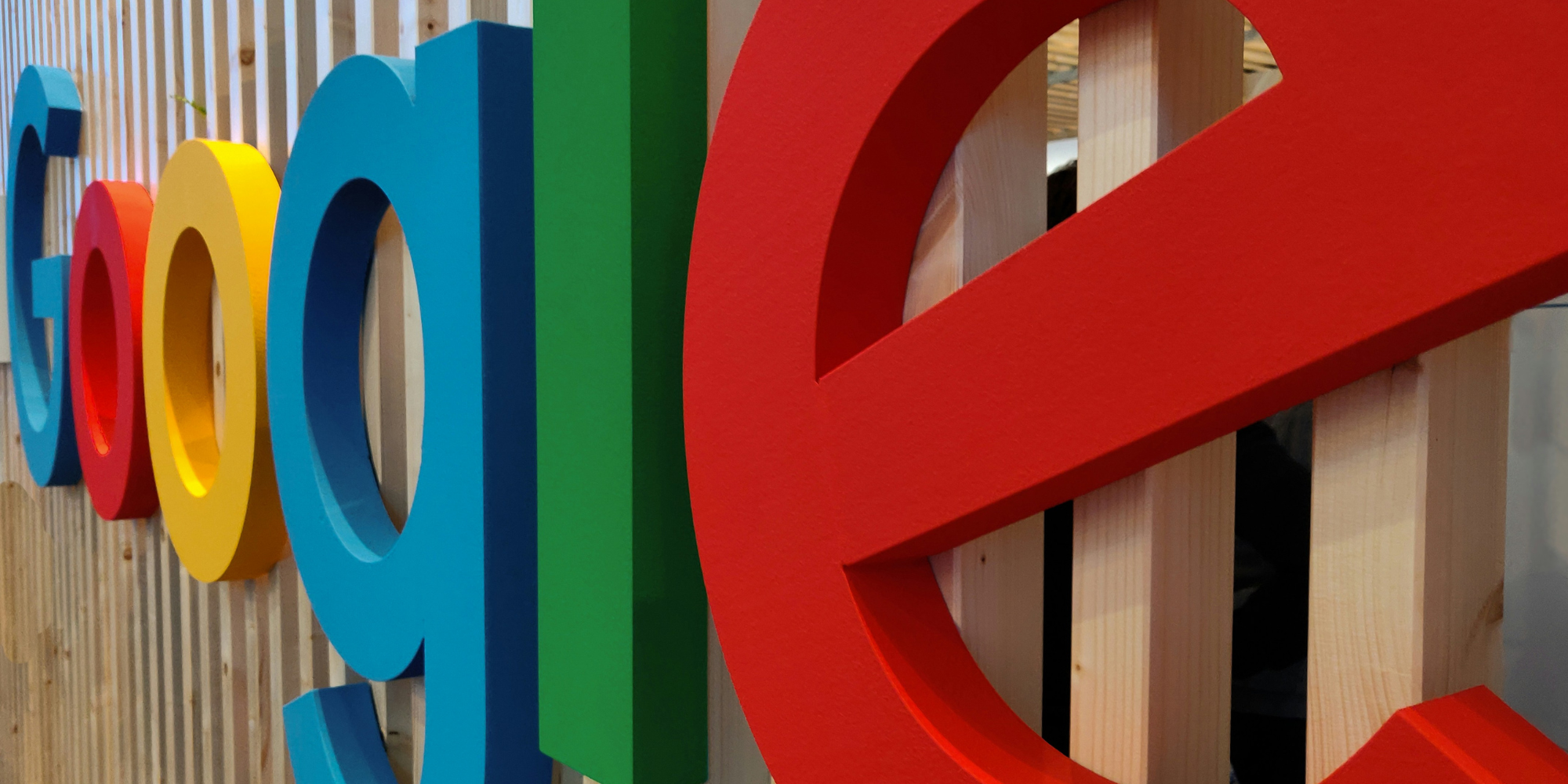August Round-up: Better Meta Targeting, Google Glitch & UX Best Practice
The latest version of our newsletter should have settled in your email inbox, detailing the need-to-know information and must-read thought leadership...
Read moreHow will COVID-19 really impact marketers? ClickThrough's Group Marketing Director gives his take on what may change - and what will remain the same - when the lockdown ends.
COVID-19 is currently having a devastating effect on the lives of people around the world. Yet anyone who spent more than five minutes browsing through LinkedIn or industry trade websites over the last week or two will have seen numerous articles about how COVID-19 is going to make an enormous change to consumers lives - even after a vaccine has been found and deployed. So, what do pundits believe life will be like when quarantine ends?
The end of the end is nigh
Those in the entertainment and hospitality sectors have been weighed down by predictions that people will no longer attend live events and abandon their once-favourite restaurants.
Cinema goers will put away the popcorn and new film releases through your local multiplex will be defeated by the live-streaming premiere, just as they had defeated independent cinemas a generation before. Not forgetting the surge in video streaming, which will finally and inevitably drive the final, rusted and long-predicted nail in the coffin of linear broadcast media.
Video conferencing will, say the forecasters, destroy the business travel market. Pubs will remain empty because consumers will be staying at home, their thirst for companionship sated by Houseparty and Kahoot.
In retail, we've heard how consumers, having got used to having groceries delivered at home, will turn their backs on their weekly physical supermarket shop and remain in their homes waiting for the delivery man. We've also heard the view that Amazon Prime has now become the fifth emergency service.
Time to focus on what remains constant
But behind all the hype it's important that we marketers focus on the longer term - and that means considering the things that will NOT change. Let's think about some of those now.
The price will still be right
The first thing that won’t change is that consumers will continue to look for value. There have been several instances where online sellers have tried to scalp consumers by inflating their prices. But research over the last few weeks indicates that most consumers find even small amounts of price gouging to be abhorrent and brands will need to continue to show that they offer consumers what they want at a price they're willing to pay.
No man (or woman) will be an island
The video conferencing technology that we've all been using has been available in our homes for a long time. Ask any regular gamer and they will tell you how online co-operative playing is integral to their experience. And yet people – even the most devoted gamers - still meet up in person and enjoy each other's company. Not putting too fine a point on it, if people never meet face to face, it rather spells the end of the human race.
We are social animals and need human contact and proximity to each other to feel safe and secure. This is not going away, no matter what the soothsayers say. I'm certain the introduction of the fixed-line telephone, the wireless, the cellphone and the internet prompted similar forecasts. Yet, thankfully, we still meet each other in person in our millions.
The water-cooler will not run dry
Will we see a huge change in the way that consumers work? Although we may see a sustained increase in video conferencing, the reality is that nothing beats the speed of picking up the telephone, or the stark clarity of an email. Yes, video conferencing may be about to realise its long-awaited potential, but few business leaders will allow relationships with their most important customers to develop without face-to-face meetings, despite the protestations of jet-lagged salespeople.
There has been a long-term increase in the number of people working from home, and I see no reason why this wouldn't continue. Indeed, we may see some acceleration as a result of the Coronavirus crisis, as people who have been reticent or unable to test homeworking have been able to experience it for themselves and prove it can work for them. Yet, we know that 80% of the British public hold down jobs where they are unable to work from home, which means the communal workplace will remain an important part of the majority of people's lives.
We’ll still be ready to rock
We're not going to abandon concerts, sporting events and the cinema. Humanity has made a huge amount of investment over many decades developing communal, experiential entertainment, and I think it would be foolish to assume that investment is about to end. That’s good news for marketers who rely on events to get their message out to a mass audience, or who use proximity marketing in order to be able to target people close to or at an event. Concerts, matches and multiplex movies will doubtless remain an important part of our civic life.
You’ll still be able to read all about it
I also don't believe we're about to see the death of the daily paper. Newspapers have been in decline for a long time, and COVID-19 will do nothing to improve their finances. But the habit of picking up a morning newspaper remains strong for many and will continue. Even so, news consumption online will continue to be the default for many, and it will be on advertisers to figure out how they can continue to support quality journalism in the face of increasingly-draconian brand-safety algorithms.
Online advertisers will still have to earn attention
Consumers will continue to spend an awful lot of their time online. It's been interesting to see mobile usage decline and desktop usage increase during this working-from-home lockdown period, but I expect this to switch back to normal also immediately. Yes, consumers will have spent even more time online over the last few weeks, but that doesn't mean we're about to see an increase in the online audience acceptance of online advertising simply because they've been more captive that usual.
A significant minority will continue to reject display advertising and its inherent on digital marketers to understand this, and how it impacts the audience that they're attempting to target - and think of creative ways around the problem. For example, we know that people are more likely, in general, to accept advertising that they see as entertaining, or ads that promote a product that addresses a genuine consumer need. This will remain the same.
People will still want what they want
Consumers will still have money to spend on things that really matter to them. Localised recessions are generally seen as the minimum economic disruption we can expect, and consumers are likely to need to cut back. But remember, worldwide, people are wealthier than they've ever been, and will still spend money on things that they care about and/or that solve problems for them.
Even a severe contraction of 15% of the economy will still mean that 85% of consumers money will be spent. True, we'll have to fight harder for it as discretionary spend will be the first to go, but with so many competitive industries nowadays this won't be anything new.
Right about now, the students of marketing theory will start to think about Maslow's Hierarchy of Needs; warmth, shelter, food, clothing, learning, social standing. These things will always matter. It's important that you understand these levers and know how to use them in your marketing. For example, factors such as scarcity play on people's desire for prestige, and it's important that you continue to recognise this and use these principles when developing your communications.
And we’ll all still be looking for answers
Inevitably, people are going to continue to search for answers to their questions. Google is embedded in all our lives, and search will continue to be a crucial part of almost every online campaign. The day that consumers know everything is the day that Google will no longer exist. That day will never come.
So, will ANYTHING change?
The truth is that consumers are unlikely to change much at all as a result of COVID-19. We're still going to want to spend time with each other, treat and enjoy ourselves, and we're still going to be keeping up with the Joneses next door - even if, for while, that means keeping two feet away from them.
For more straight talking - this time about your business - book in a conversation.
More articles you might be interested in:

The latest version of our newsletter should have settled in your email inbox, detailing the need-to-know information and must-read thought leadership...
Read more
As the cost of living continues to present challenges for many Brits, an increasing number of families are choosing to holiday within the United...
Read more
Our first curated newsletter has hit inboxes, detailing all of the latest need-to-know information and sharing all the necessary thought leadership...
Read more
Over the past few years, marketing leaders have been gearing up for the inevitable 'Cookieless Future'. Safari was the first to bid farewell to...
Read more
Google employees have recently announced that the upcoming Google Core Update is set to be released in the coming weeks. Understanding and addressing...
Read more.png)
It only seems like yesterday that it was the winter of 2022 and we were balancing Black Friday and the Qatar World Cup. Fast forward to now and we're...
Read more
There are many factors to consider when choosing an automotive dealership, with 53% of customers saying that price determines which dealership they...
Read more
Which UK-based private healthcare providers are running away with their digital presence and who needs a helping hand to take the next step? How is...
Read more